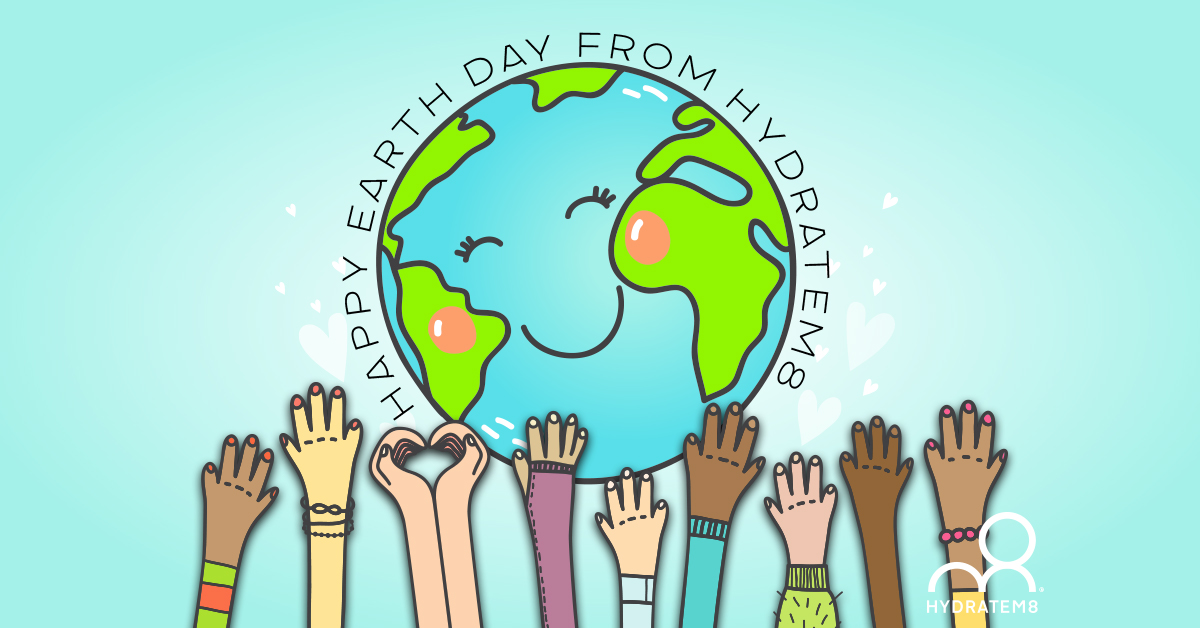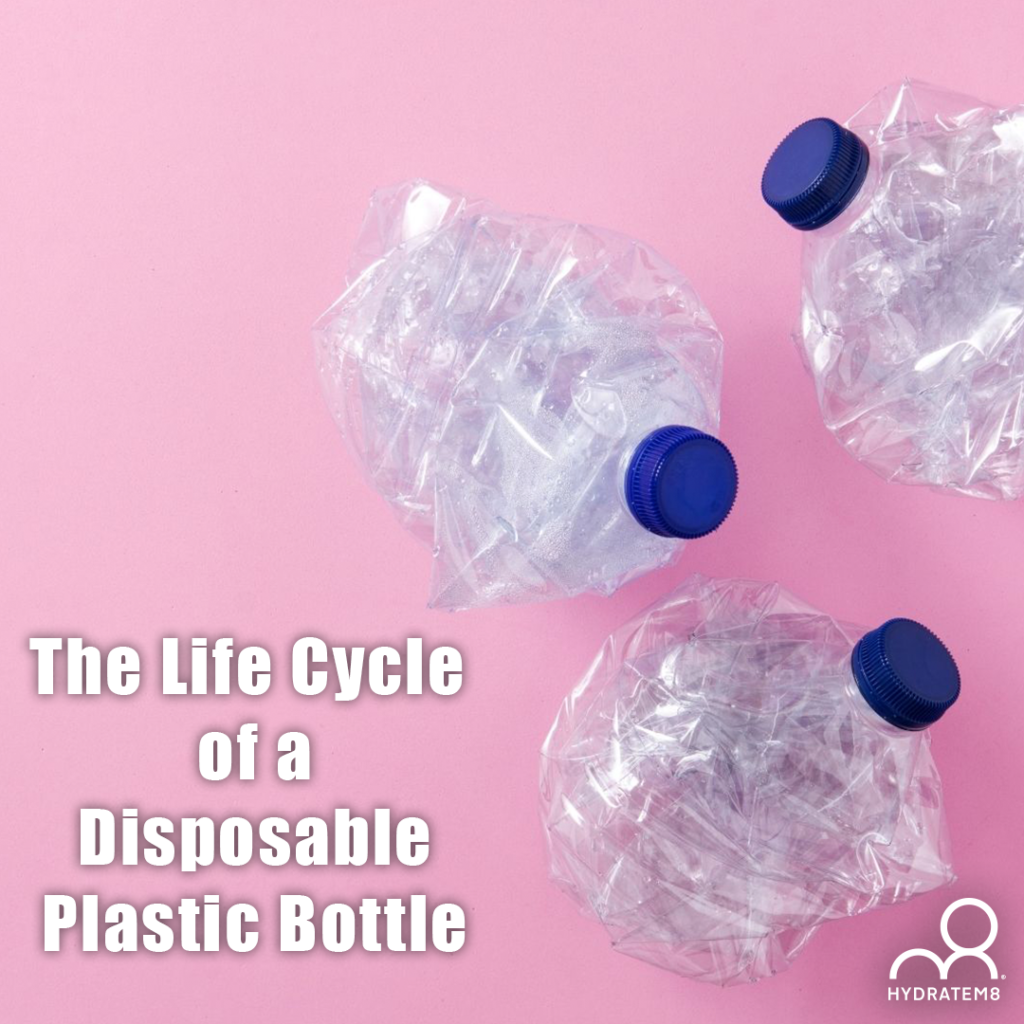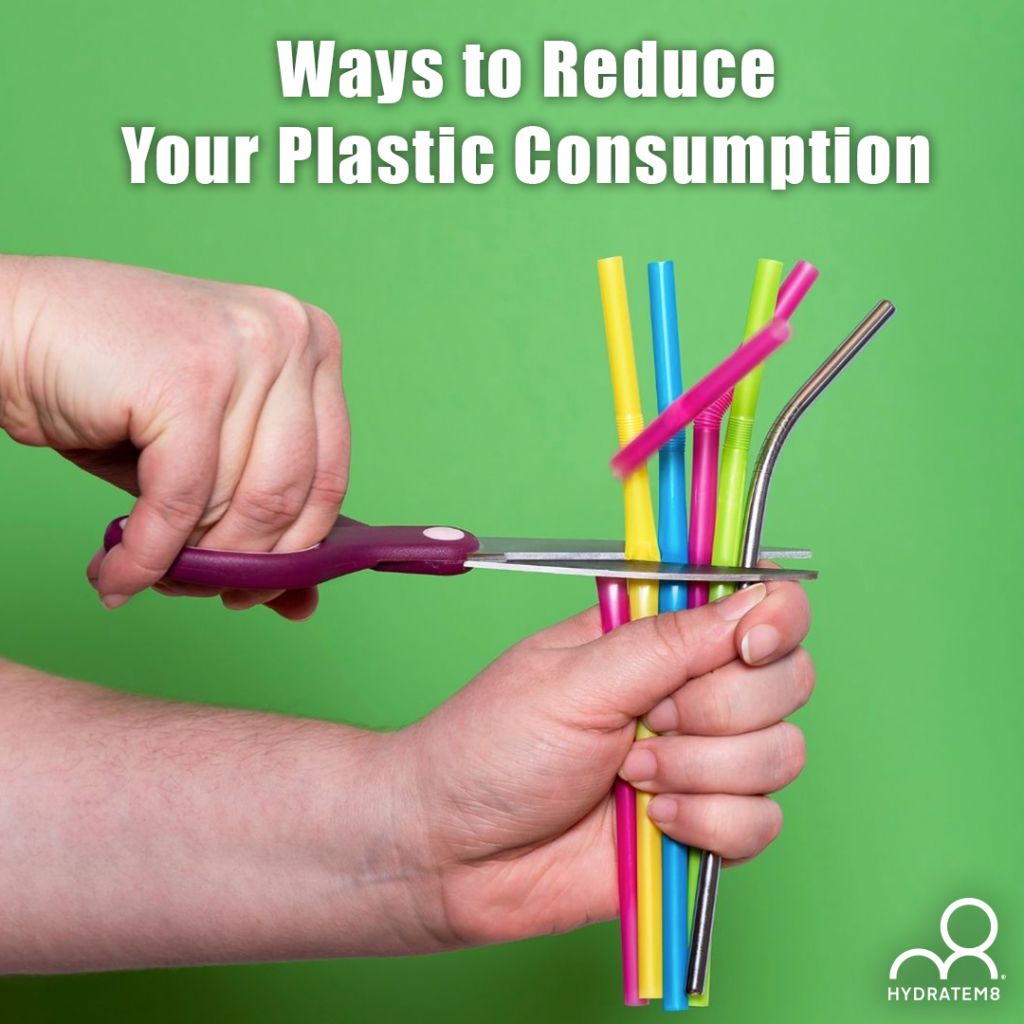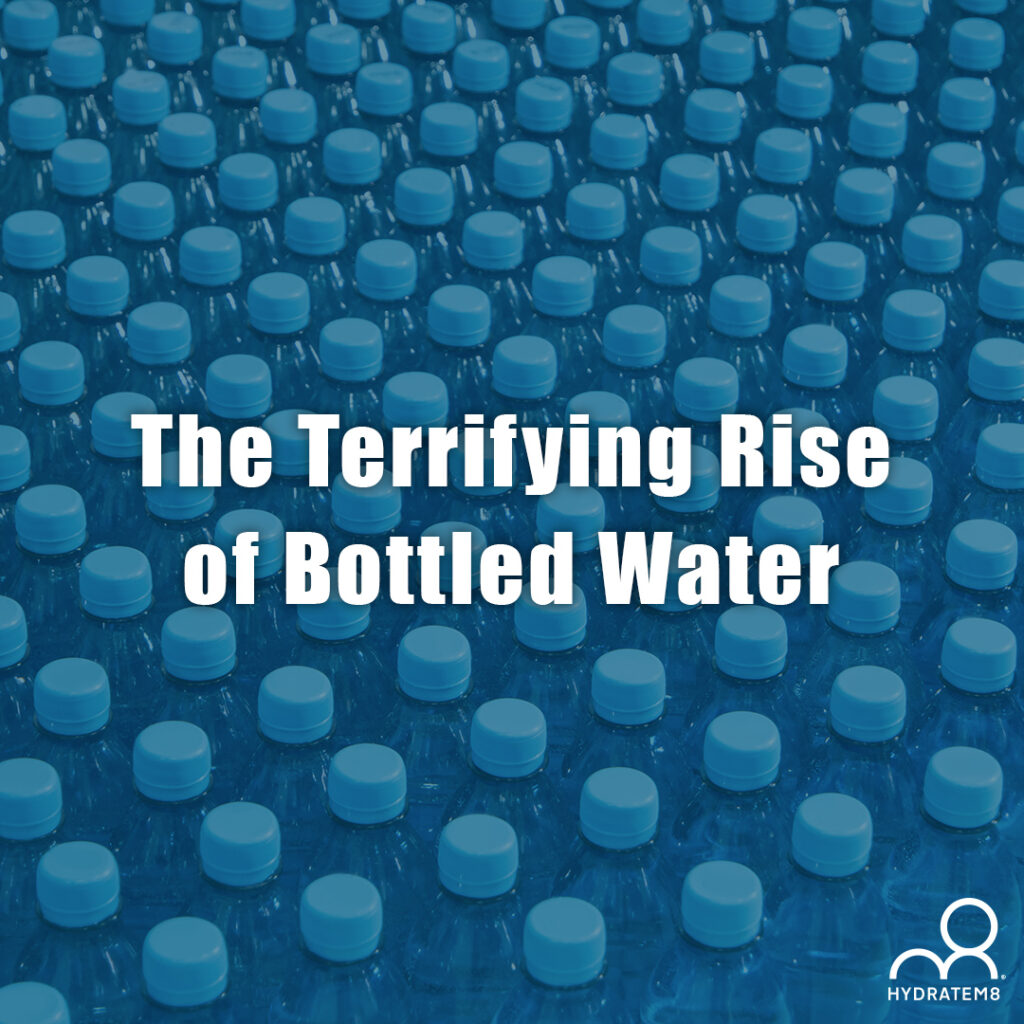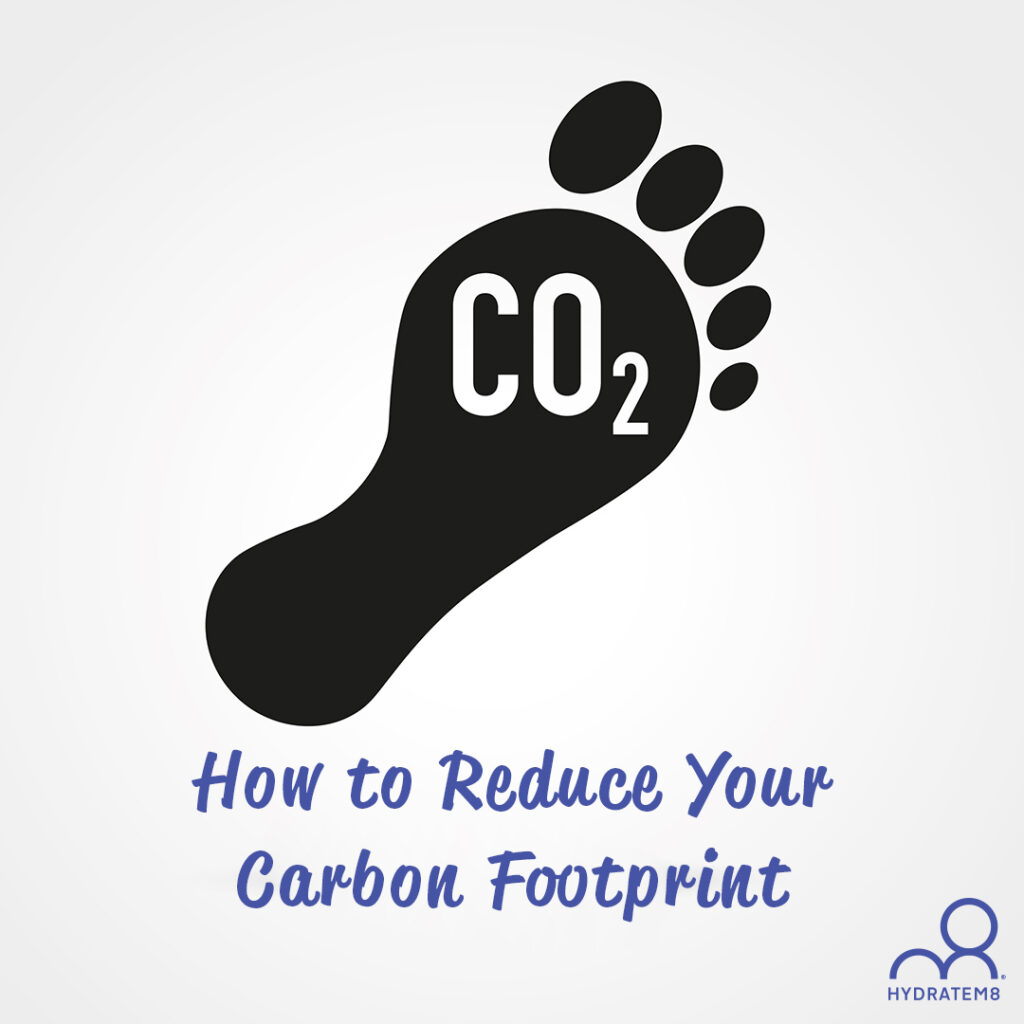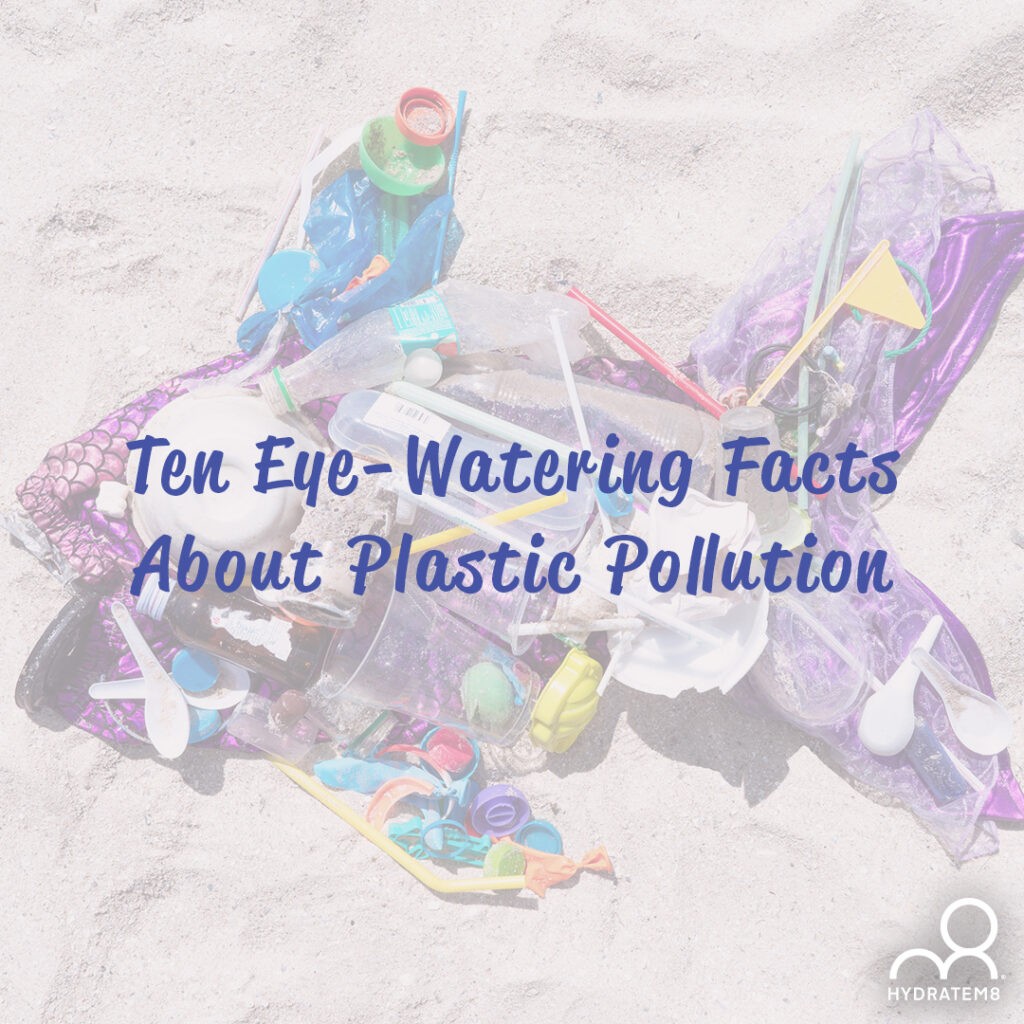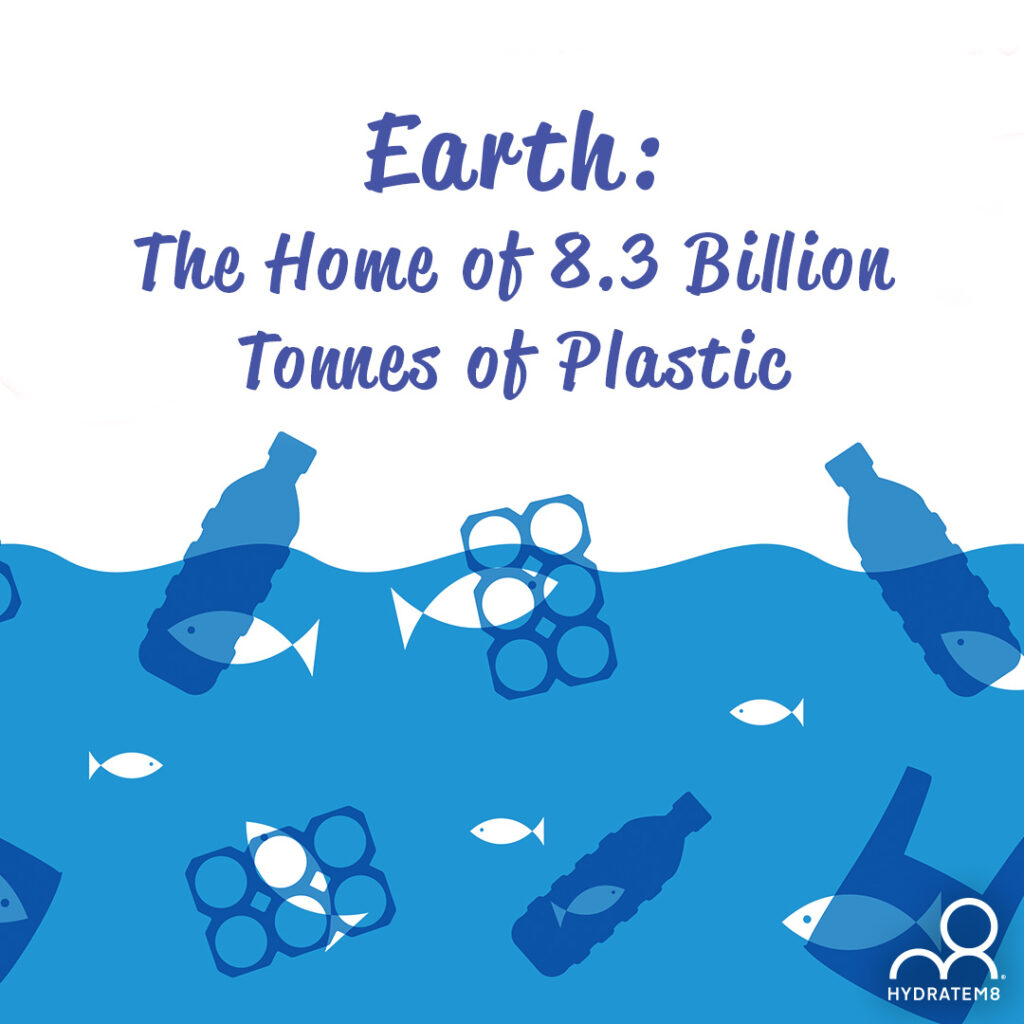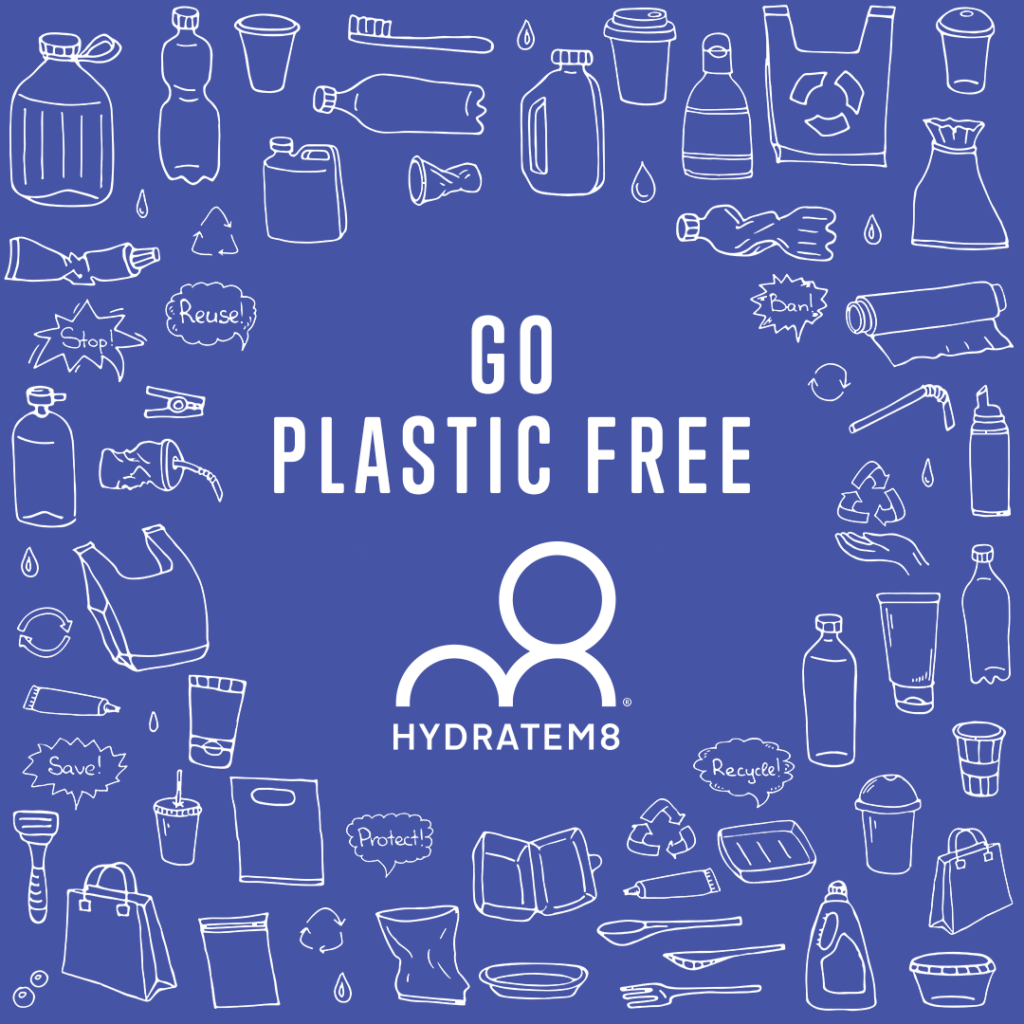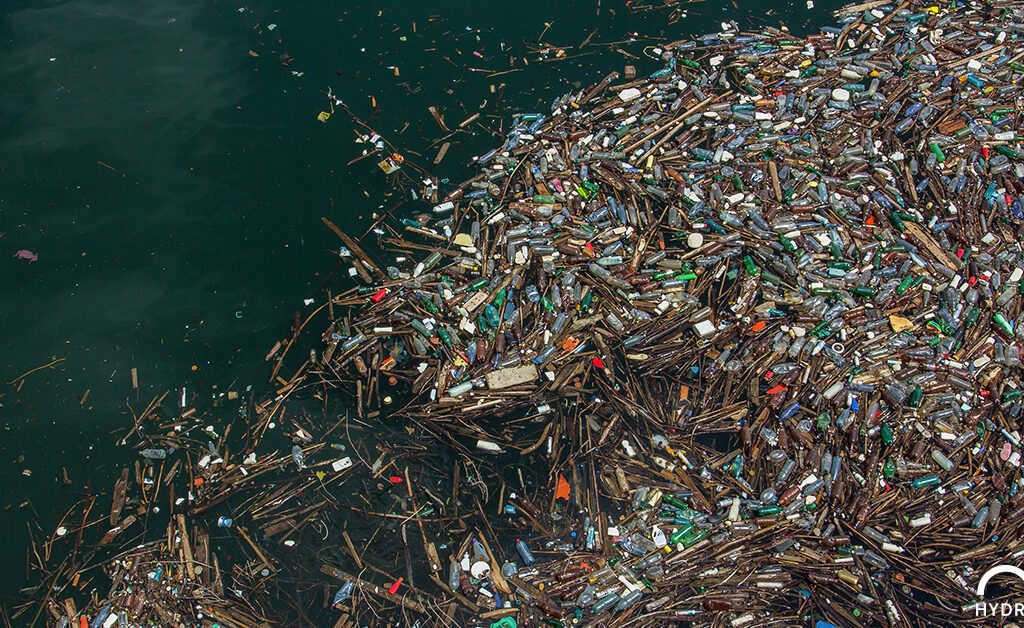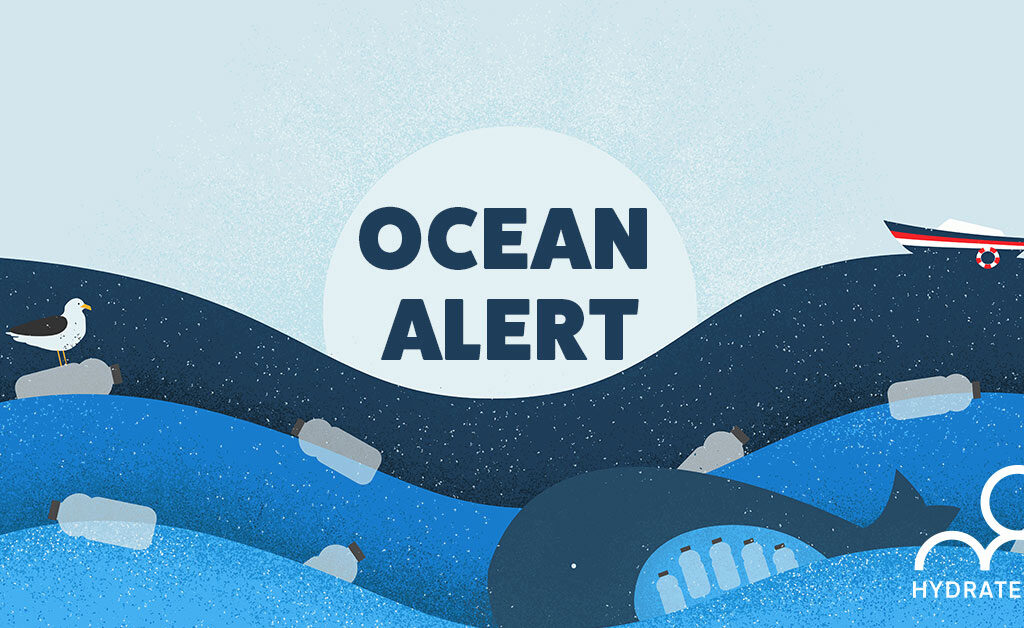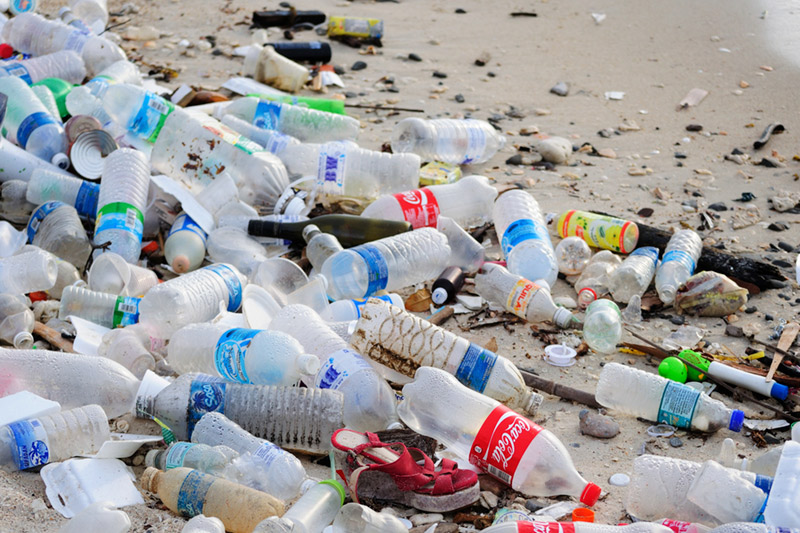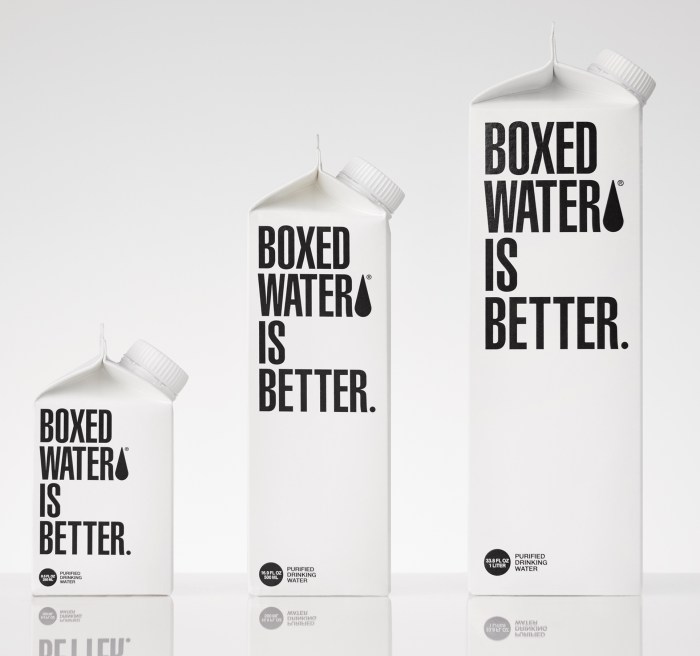Earth Day has been held on 22nd April every year, since its inception in 1970. This year, the aim of Earth Day is focussed primarily on eradicating the use of harmful plastics – a cause close to the heart of Hydratem8. Whilst the campaign for Earth Day centres on many different environmental issues, for the last few years plastic pollution and its drastic consequences have been at the forefront. Originating in the United States, it is now a global concern for improving the longevity of our planet in terms of unnecessary dumping of toxic waste. Over 1billion people in 149 countries are now being active in creating a superior environment for people, marine life and plant life.
In the UK alone, over 38 million single-use plastic bottles are used every day, of which less than half are responsibly disposed of by recycling. Can you help change this by cutting down on the use of non-sustainable and toxic plastic?
As well as Earth Day, there are many other campaigns in existence that are all trying to attack the same problem. National Press, such as the Daily Mail and The Sun are actively involved in alerting our nation to the ever-increasing problem. More and more large organisations and companies are backing these or their own initiatives to challenge the pollution problem head on, such as:
- The BBC – current plan is to rid their offices and studios of all single-use plastics by 2019
- Supermarkets – Tescos, Iceland and Asda vow to cut down on plastic wrap and packaging between by 2020, starting immediately
- Cafes and restaurants – Pret a Manger, Starbucks and Wetherspoons all launched their own initiatives to cut plastic waste (cups, spoons, straws etc) back in late 2017. Smaller chains have joined in since the beginning of 2018.
- ‘Straw Wars’ – launched by top London restaurants to cut plastic waste, particularly for the unnecessary use of plastic straws
- Coca Cola and Evian Water aim to increase their use of sustainable plastic for their products with immediate effect, but the viability is more likely to come to fruition in 2025.
- Theresa May has banned single-use plastic in government departments.
As well as these organisations purge on plastic, our own Armed Forces have registered their intention to cut back on plastic waste as far as is feasibly possible. Other than units on the frontline of confrontation, such as Afghanistan, Iraq or Syria, single-use plastics will eventually be a thing of the past at army bases, barracks and training facilities.
A spokesperson for Earth Day 2018 says, ‘we will focus on fundamentally changing human attitude and behaviour about plastics and catalysing a significant reduction in plastic pollution’.
Hydratem8 are on our own mission to make this feasible in the coming years. Help us and all other organisations to achieve this goal by ditching the disposable plastic bottles.

